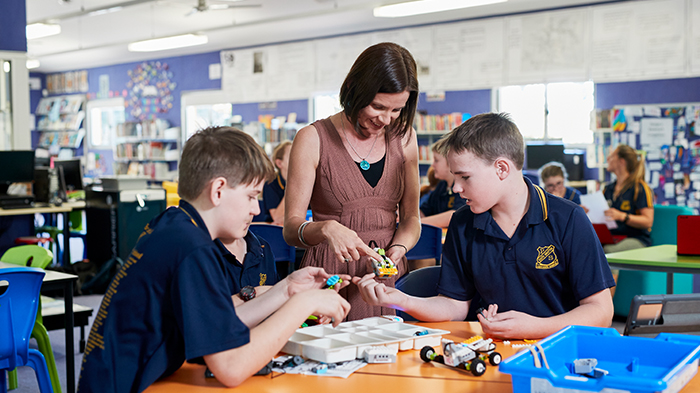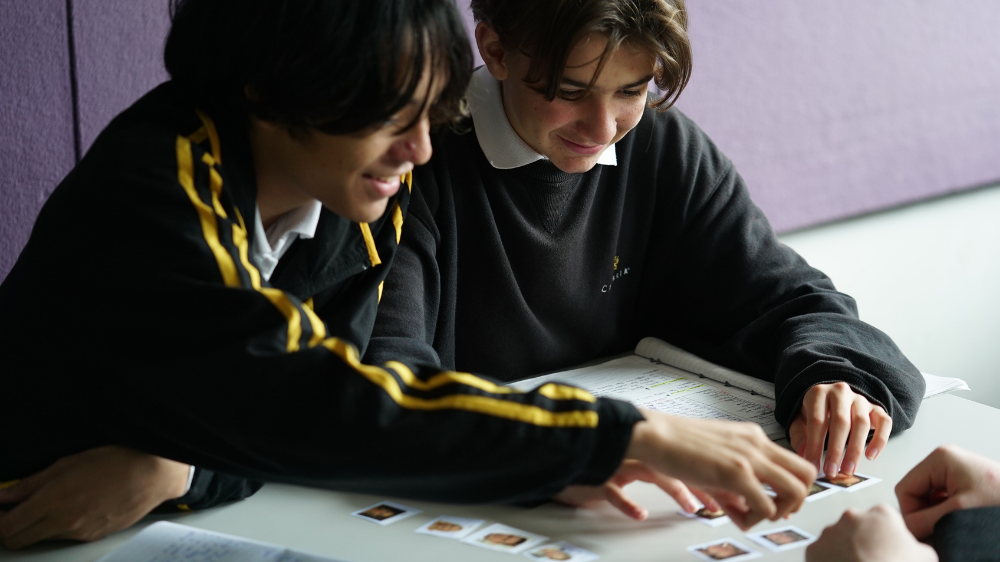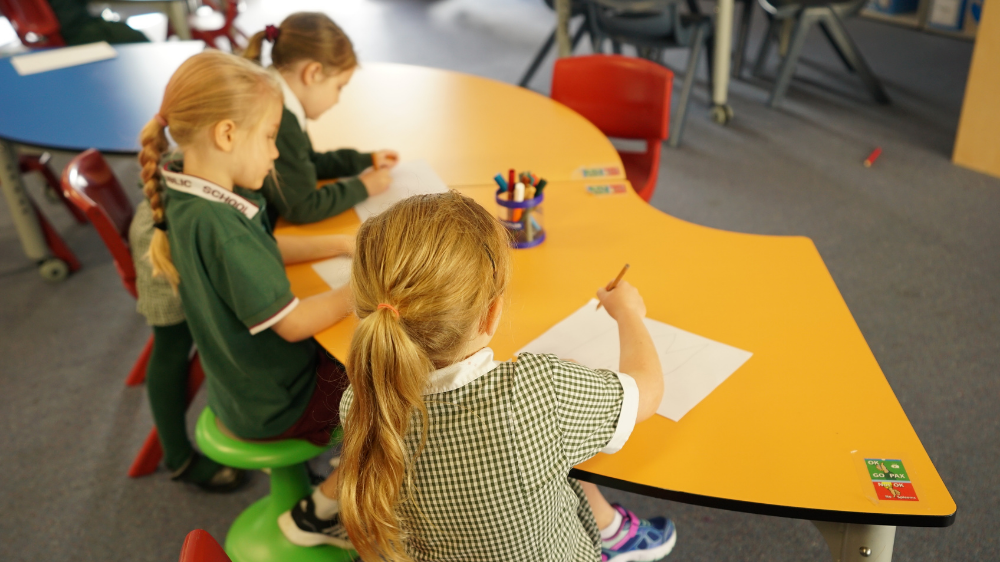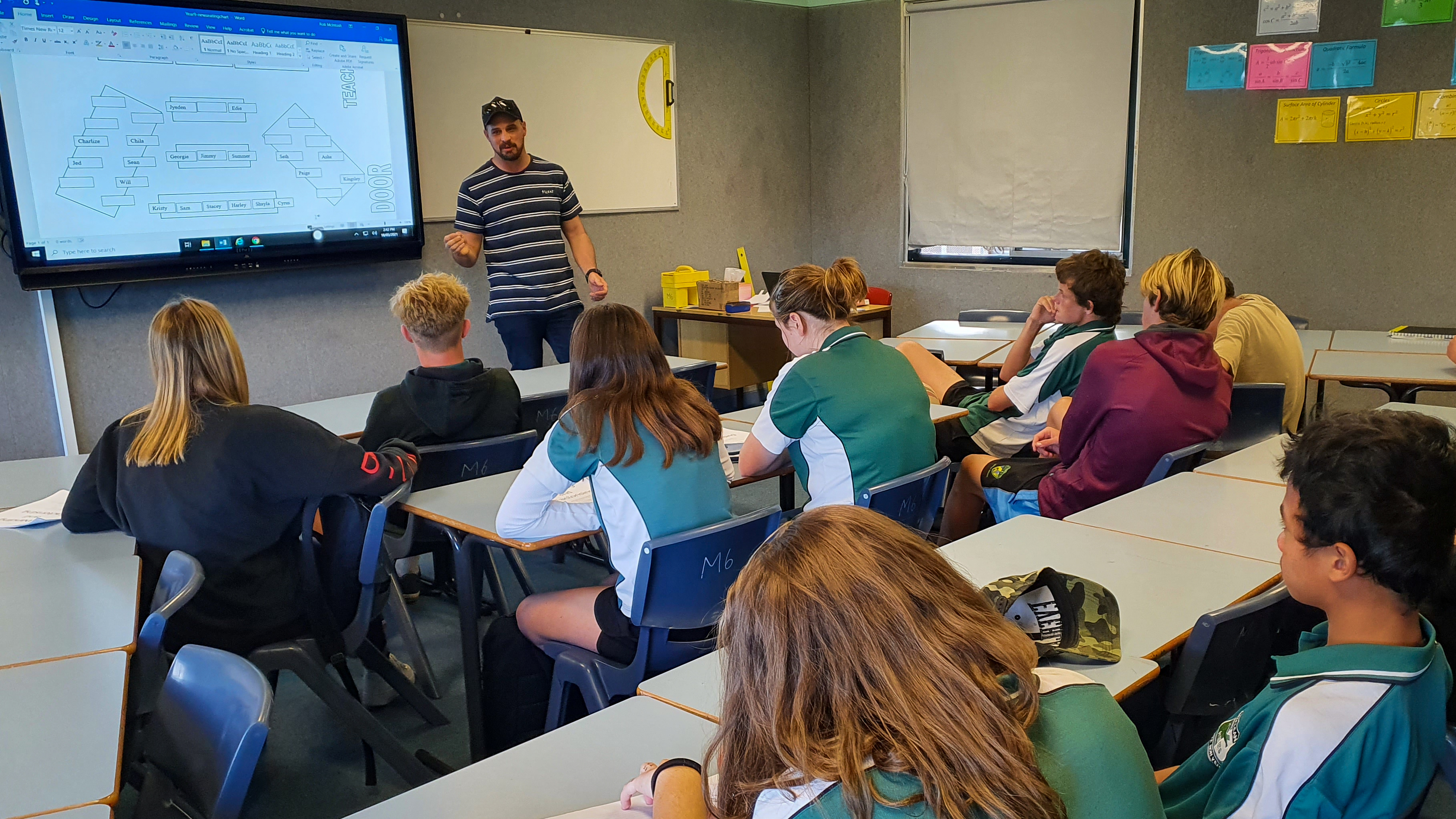Physical disability
Build on student strengths and support the learning and wellbeing of students with physical disability across all aspects of the curriculum.
About physical disability
Physical disability is a term used to describe any lifelong condition that affects a person’s ability to move, or to control their body movements. Students with physical disability will differ in how much their movement is impacted as there are many different types and causes.
This includes paralysis (inability to move one or more limbs), problems with muscle tone, reduced balance, reduced ability to make larger or gross motor movements (for example, challenges with walking and running), and reduced ability to make smaller or more precise movements (for example, challenges with writing and doing up shoelaces).
Common causes of physical disability include acquired brain injury (for example, after a stroke), spinal cord injury, cerebral palsy, spina bifida, loss of limbs and muscular dystrophy. Physical disability will differ in how much their movement is impacted as there are many different types and causes.
Some students with physical disability will walk independently, while others will use mobility aids (for example, ankle supports, crutches or wheelchairs). Some students may need support with completing everyday tasks by themselves, as some students experience chronic pain. They may need extra time to concentrate, learn and practise new skills.
Strengths
Students with physical disability have different strengths depending on how they might be affected by the condition.
Some students may have strong language and thinking skills.
Some students are strong visual learners and are able to process and maintain visual information.




School Excellence Framework alignment
Wellbeing, Curriculum, Effective classroom practice
Australian Professional Standards for Teachers alignment
Standard 1: Know students and how they learn
Audience
Primary teachers
Purpose
Strategies to support students with physical disability. Including: Evidence-based practices, best practice tips, curriculum considerations and other considerations for teachers of students with physical disability.
Reviewed
November 2021. Share your feedback here